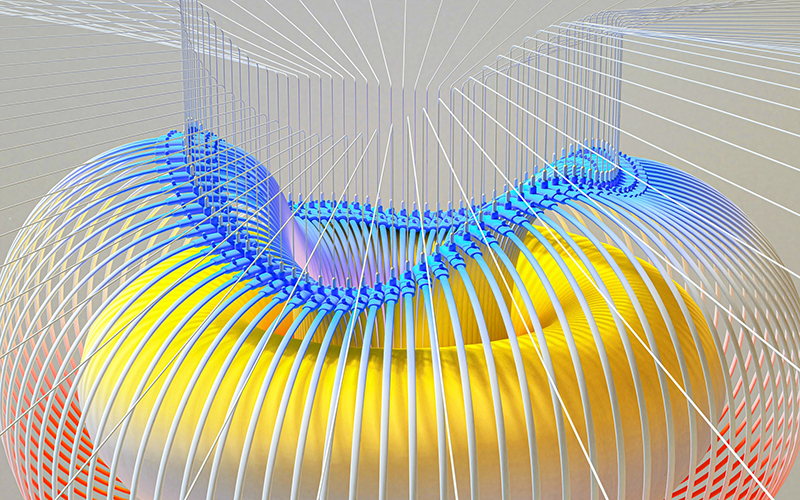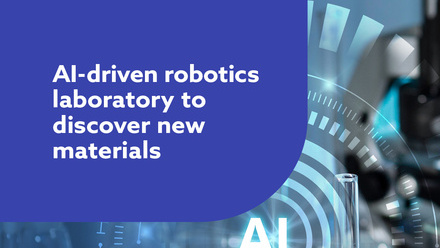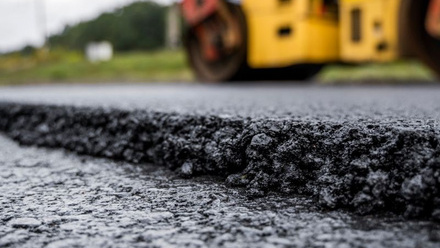AI to accelerate fusion
Computer scientist, Lorenzo Zanisi at the UK Atomic Energy Authority (UKAEA) believes artificial intelligence (AI) can help achieve fusion.

Zanisi says fusion energy needs AI to reach the goal of commercial electricity faster. ‘We know fusion works and have proved the concept on present-day machines, like the record-breaking Joint European Torus (JET) in Culham, Oxford.
‘Ultimately, our work will save time and money, as it has in many other industries.
‘This is an emerging and very promising field. For example, AI is already revolutionising life sciences and healthcare, enabling a faster discovery of new drugs, spotting patterns in complex genomics data, providing predictions for protein folding and helping towards the automation of diagnosis from X-ray and CT scans. For me, there is an equally exciting opportunity for AI to revolutionise fusion, to achieve it faster.’
He says that given its ability to handle complexity, AI is the perfect answer to make fast and accurate predictions of future plasma states during experiments, enable the planning of machine operations and design plasma scenarios.
Zanisi recently gained an Alan Turing Institute Postdoctoral Enrichment Award, that he intends use to promote the application of AI to fusion.







